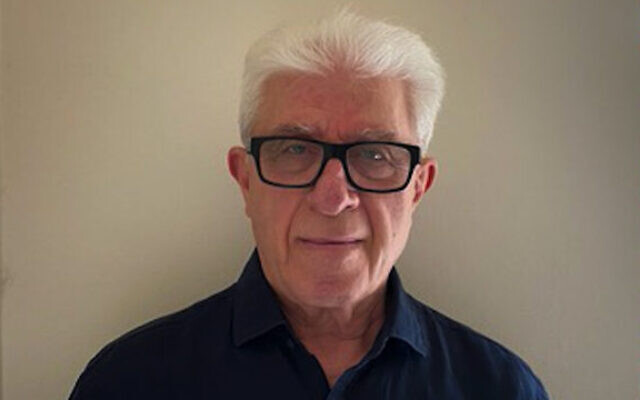Coverage ‘lacks context’
It is agonising for Gawenda that when it comes to Israel and Hamas, most Australian newsrooms are flying blind.
SPEAKING to The AJN this week about Hamas’s slaughter of Jews, journalist, editor, author and media academic Michael Gawenda placed it in a chilling perspective.
In the 21st century, when Jewish Australians equate “pogroms” with a nightmarish yesteryear, it is sobering to consider that the 1903 Kishinev pogrom in Tsarist Russia, among the bloodiest, claimed 49 lives.
By comparison, at least 1400 Jews were butchered by Hamas on October 7 and in the days that followed; the greatest spilling of Jewish blood since the Shoah. For a 70-something born in a post-World War II DP camp, that’s a heart-rending statistic.

It is agonising for Gawenda – a triple Walkley Award winner, who has been a senior editor at Time, editor-in-chief at The Age, and inaugural director of the University of Melbourne’s Centre for Advancing Journalism – that when it comes to Israel and Hamas, most Australian newsrooms are flying blind.
They are covering this war without the pivotal context, he said, that Hamas has always wanted to obliterate Israel. He lamented “agenda-driven” journalism in the mainstream media. But he also pointed out today’s 24-hour news cycles lurching between online and print deadlines, and editors who don’t even think about reading the damning Hamas Charter, which he points out would take much less time than Mein Kampf.
So how would he cover the Israel–Hamas war if he were the editor of a large daily today?
“I would be looking for commentators and analysts that I trust to be fair.”
Gawenda launched his autobiography, My Life As a Jew, two days before the Hamas attacks. But far from rendering his writing obsolete, the events exploding on October 7 have underscored the points he made about Israel’s coalition government, and the extremists in senior ministries. Prophetically he wrote of that government, “Where the aftershocks of this earthquake will lead is unknowable.”
Now we know that “what the enemy saw was a divided country that has taken its eye off its security concerns”, said Gawenda, recalling Israeli Defence Minister Yoav Gallant’s warning in March that civil infighting was posing, in Gallant’s words, “a clear and immediate threat for Israel’s national security”.
Hamas “thought we finally reached the point where Israel is so divided that, for all its military strength, it can’t defend itself”, he said.


comments